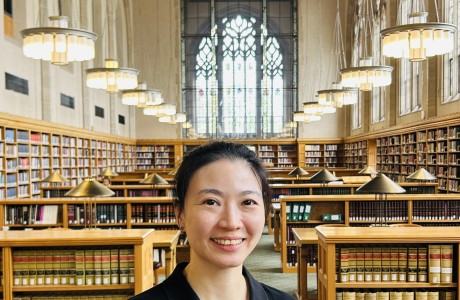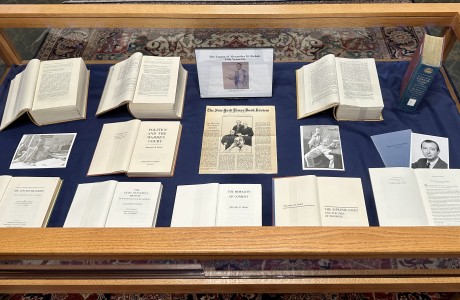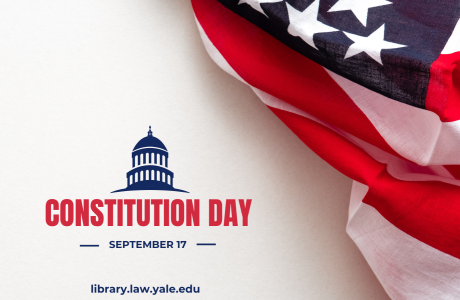Faculty Publications - Law and Opera, Both Performing Arts

In the essay Verdi’s High C, Professor Jack M. Balkin compares opera to law. He invites the reader to view law as a performing art, much like classical music. Balkin says, “the life of the law, like that of music or drama, is in performance.” Balkin begins his essay by recounting Riccardo Muti’s performance of Verdi’s Il Trovatore in 2000, and how he interpreted the score to read a “G” note rather than the famous “high C”, causing outrage among the audience. He compares this situation with Justice Earl Warren’s 1954 decision to read an equal protection guarantee in the Fifth Amendment’s Due Process Clause in response to Bolling v. Sharpe, despite no explicit statement of it. The scores of classical music are much like texts of laws: they offer “a fairly comprehensive–if incomplete–set of directions,” says Balkin, and must be “brought to life through performance.” In this essay, Balkin focuses on three similarities between music and law: first, that they use similar methods of argument for justifying interpretations; second, that both are constrained by “canonicity, convention and genre”; and third, that conventions of performance depend heavily on the opinion of the audience.
Further Reading:
Professor Balkin’s papers in Yale Law School’s Legal Scholarship Repository, and working papers on SSRN.


